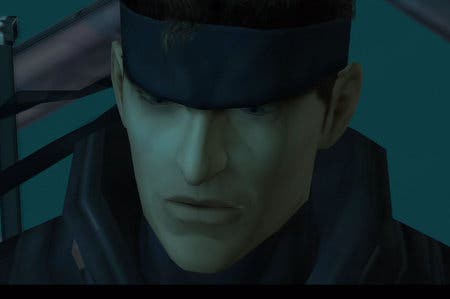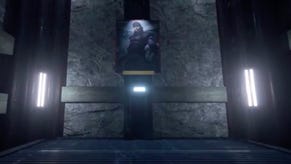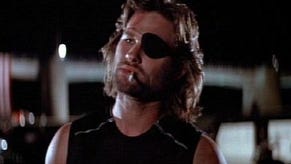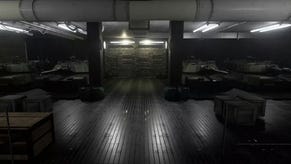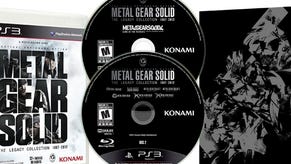Metal Gear Solid: The "Lost" HD Remasters
See how MGS1 and The Twin Snakes look in pristine high-def.
Last week's release of the Metal Gear Solid HD Collection poses an interesting question - why is the assemblage of Snake's adventures incomplete? While MGS2, MGS3 and Peace Walker are all present and correct, the original Metal Gear Solid is conspicuous by its absence - and what of its Nintendo GameCube remake, The Twin Snakes?
It's this latter release that is the most intriguing. Released in 2004 in collaboration with Nintendo, The Twin Snakes was the original Metal Gear Solid remaster - an alternative take on the classic PS1 game, featuring a bounty of graphical improvements, re-recorded audio with new translations and gameplay elements from MGS2 - such as first person shooting - retrofitted into the original game.
Konami and Nintendo masterminds Hideo Kojimo and Shigeru Miyamoto were said to be involved in honing the gameplay, while Canadian outfit Silicon Knights were drafted in for the main coding duties. As The Twin Snakes was released after MGS2, which did get included on the HD Collection, we couldn't help but wonder... how would it look rendered in high definition? A remaster of a remaster, if you will.
Emulation on PC can help - up to a point. The Twin Snakes is one of the few games that doesn't really behave so nicely with the Dolphin emulator, but we were able to get it working with a series of settings tweaks and a lot of patience. There are a few graphical glitches and audio is a bit wobbly, but this is an edited sample of The Twin Snakes in HD.
"If you own a Wii or GameCube, The Twin Snakes is well worth hunting down as a complementary purchase to the HD Collection. It's not HD, but it does feature 480p support."
We can only wonder why Konami decided not to add The Twin Snakes to its Metal Gear Solid HD Collection. The credits do state that the production and copyrights are owned by the company, but it may well be the case that collaboration with Nintendo came at a price - that the game would remain a GameCube exclusive in perpetuity. If you own a Wii, or indeed a GameCube, The Twin Snakes is well worth hunting down as a complementary purchase to the HD Collection. If you're set up with a component cable, you should also be able to run the game in 480p, too: a luxury that wasn't afforded to PS2 owners with Sons of Liberty and Snake Eater.
In terms of the complete absence of the original Metal Gear Solid in the HD Collection, this is a puzzle that's somewhat simpler to address: you just have to look at it. Some games scale up to high definition resolutions nicely, presenting a retro feel but still looking fine when re-rendered at 720p or 1080p. It's safe to say that Metal Gear Solid isn't one of those games - perhaps not surprising when you consider that the game originally launched way back in 1998.
"The original Metal Gear Solid may not have stood the test of time from a visual perspective, but it's still a great game and one of the classics of the late nineties."
It's telling that, just five years after its PS1 release, Konami felt compelled to remake the entire game for the GameCube. The leap from there to the present day HD consoles is just as immense. In the video above, we've captured the PS1 game with HDMI precision courtesy of the PlayStation 3. Alongside that is the original PC version, running at 1024x768 - as close to HD standard resolution as we could get it (and also, coincidentally, the native rendering res of MGS4). Some framebuffer effects appear to be missing, but we do get the benefits of proper perspective correction, a higher level of colour precision, no stippling effect and actual filtered textures.
While cut-scenes don't really look so impressive, HD gameplay doesn't look so bad and there's perhaps an argument that despite its visual shortcomings in certain areas, it's still a great game - one of the most important titles of its era, in fact - and should have been included in the new Collection in some form. Even bundling the existing PSN download for PS3 owners might have been a nice way of acknowledging one of the all-time greats of the nineties...
